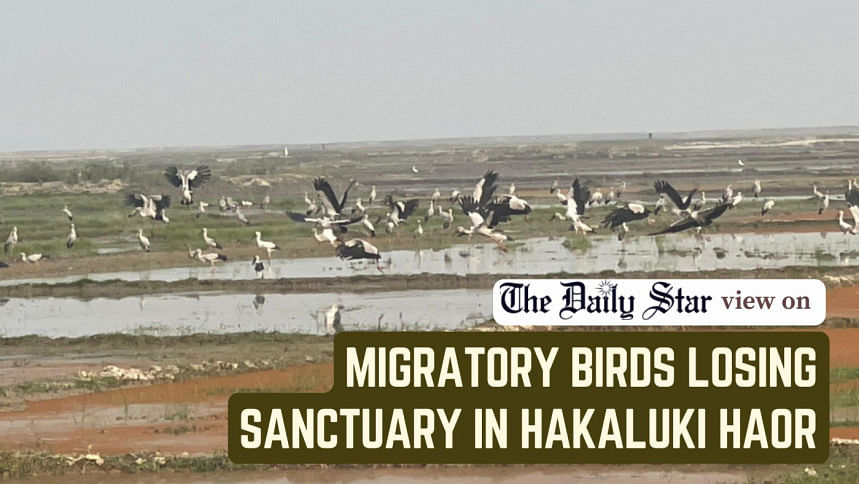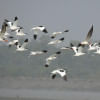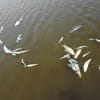Ensure safety of our winter guests

The gradual decline of migratory bird population in our water bodies, such as haors, beels and lakes, demonstrates our failure as a host. Every winter, these birds travel thousands of kilometres to escape the biting cold of their homelands for Bangladesh's warm tropical waters. In recent years, instead of finding a safe and welcoming sanctuary, these waterfowls—especially those coming to Hakaluki Haor in Moulvibazar and Sylhet—have been subjected to rampant poaching, noise, and plastic pollution, according to a report by The Daily Star. They also face food shortages because of the declining fish population and the depletion of aquatic vegetation in the haor.
Although the Hakaluki Haor has been designated as an ecologically critical area and a Ramsar site of international importance, the use of nets and poison baits to capture birds has not stopped. Furthermore, rivers flowing into the haor often carry plastic, polythene and other dumped waste, polluting the wetland. On the other hand, in artificial lakes, such as those in Jahangirnagar University, migratory birds suffer from the menace of noise and air pollution. According to an Ekattor TV report, noise from the nearby construction sites and loudspeakers scares the birds away in the only preserved lake on the green campus, which, in recent times, has lost many of its waterbodies, filled in to erect new buildings.
The arrival and nesting of migratory birds in our country is not only essential because it is a scenic, natural wonder, but also because migratory birds perform important ecological functions by moving nutrients between habitats and across landscapes. Therefore, it is not enough to declare a wetland or a water body an environmentally important zone on paper. Visible actions are required to safeguard these sanctuaries. To achieve this, the government, in collaboration with environmental activists and organisations, should run awareness campaigns to educate local communities about the importance of migratory birds. Local people should also be economically empowered and involved in safeguarding these sanctuaries so they refrain from poaching, overfishing, and resorting to other harmful practices.
Additionally, the government must enforce policies to mitigate plastic, noise and air pollution. Use of polluting consumer and commercial products must be restricted and gradually replaced with environmentally-friendly materials. Finally, strict legal actions should be taken against polluters and poachers to discourage such behaviours. To re-establish our reputation as a hospitable nation, we must ensure that our water bodies are safe for migratory birds.


 For all latest news, follow The Daily Star's Google News channel.
For all latest news, follow The Daily Star's Google News channel. 










Comments